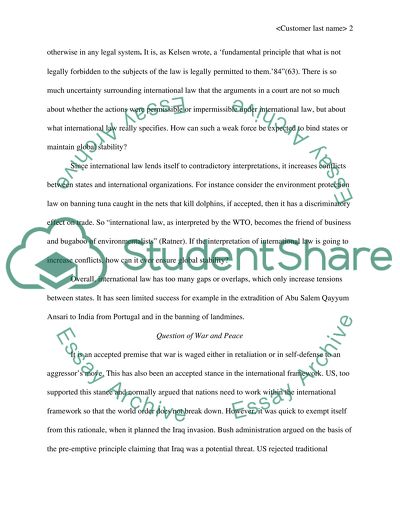Cite this document
(“Does International Law Matter in Relation between States Essay”, n.d.)
Does International Law Matter in Relation between States Essay. Retrieved from https://studentshare.org/law/1509750-does-international-law-matter-in-relation-between-states
Does International Law Matter in Relation between States Essay. Retrieved from https://studentshare.org/law/1509750-does-international-law-matter-in-relation-between-states
(Does International Law Matter in Relation Between States Essay)
Does International Law Matter in Relation Between States Essay. https://studentshare.org/law/1509750-does-international-law-matter-in-relation-between-states.
Does International Law Matter in Relation Between States Essay. https://studentshare.org/law/1509750-does-international-law-matter-in-relation-between-states.
“Does International Law Matter in Relation Between States Essay”, n.d. https://studentshare.org/law/1509750-does-international-law-matter-in-relation-between-states.


